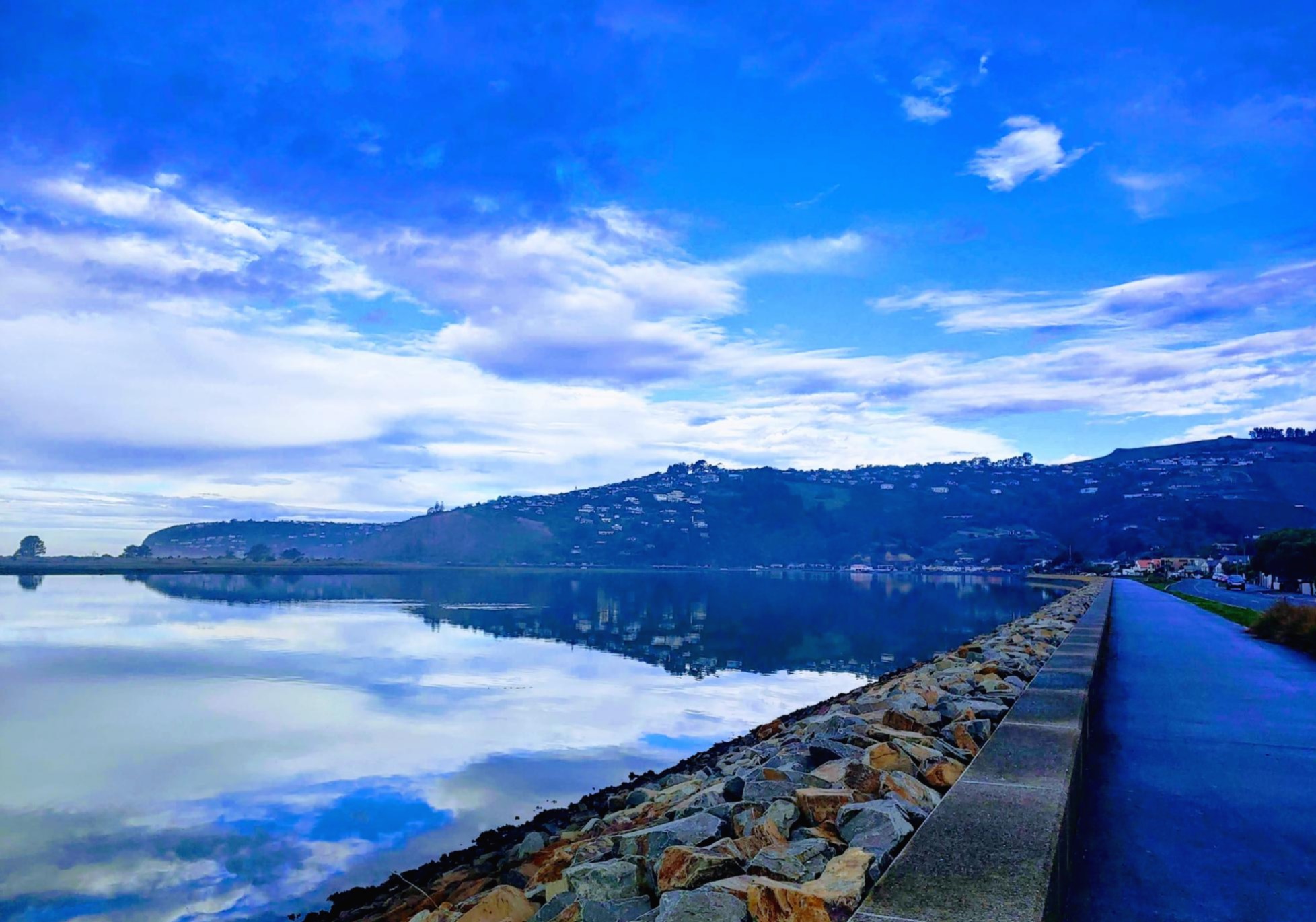| 일 | 월 | 화 | 수 | 목 | 금 | 토 |
|---|---|---|---|---|---|---|
| 1 | 2 | 3 | 4 | 5 | 6 | |
| 7 | 8 | 9 | 10 | 11 | 12 | 13 |
| 14 | 15 | 16 | 17 | 18 | 19 | 20 |
| 21 | 22 | 23 | 24 | 25 | 26 | 27 |
| 28 | 29 | 30 | 31 |
- Thick As A Brick
- Steve Morse Band
- Under A Mediterranean Sky
- Gary Moore
- Molly Hatchet
- Yes
- Misplaced Childhood
- Gerry Rafferty
- UFO
- Still In Love With You
- Living In The Fast Lane
- Flirtin' With Disaster
- Economist
- Queen
- Spectral Mornings
- Boogie No More
- Draw The Line
- 이코노미스트
- Dreams I'll Never See
- Quicksilver Messenger Service
- 게리무어
- Clutching At Straws
- Crosby & Nash
- Thin Lizzy
- David Crosby
- Steve Hackett
- 씬리지
- Golden Earring
- On With The Show
- Ennio Morricone
- Today
- Total
Point of Entry
[Birds Of The Estuary] Declining tern numbers a concern 본문


The white-fronted tern or tara is the most common tern species and is native to New Zealand.
In and around our estuary, we are lucky to have a flock of several hundred terns here all year round and breeding. You can often spot some encompassing the wastewater ponds or sitting on the water edge in front of the Mt Pleasant Yacht Club.
Terns reach an average age of 18-years-old, but there is one account of banded bird identified as being 26-years-old which, of course, is an exception. They are also yet another romantic bird as once they find a mate, they pair up for life. Terns can spot shoals of fish from heights of 3-10m high, and will then dive beneath the surface to catch their prey.
But it is so sad to learn that the white-fronted tern is classified as being "at-risk/declining". It is because of human behaviour and introduced animal species. Before colonists arrived, there were few threats to the terns and no need for building nests carefully, so the tern just makes a wee dent in the ground and does not use any nesting material apart from, at times, a few stones...in which they will lay only one single egg. The only danger in those days would have been the red-billed and black-backed gulls who would steal eggs and chicks (and still do).
But then we arrived, bringing with us major predators such as cats, rats and hedgehogs... in addition, the tern's eggs are crushed by people driving or standing on them. Disturbance by dogs is another huge problem causing parent birds to leave the nest when frightened.
How can we help the terns to thrive around our estuary? Predator control by the city council's park rangers, keeping our cats indoors at night and of course by keeping our dogs on the lead not allowing them to scare birds. Luckily the city council have established great dog parks all around the city so we have no excuse to let dogs roam around our estuary.
'영문 기사' 카테고리의 다른 글
| [CNN News] Young Americans are having less sex than ever (0) | 2020.06.14 |
|---|---|
| [BBC News] Woman hatches ducks from Waitrose eggs (0) | 2020.06.14 |
| [Economist-2020.06.11] No justice, no peace (0) | 2020.06.13 |
| [Economist-2020.06.11] Cities and the pandemic (0) | 2020.06.13 |
| [Economist-2020.06.04] How covid-19 kills (0) | 2020.06.13 |


